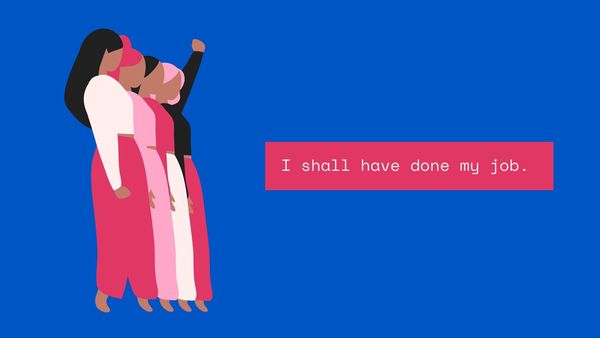The Future Perfect Tense tells about an action or event that will end at a certain point in the future.
STRUCTURE:
Subject + Helping Verb + Have form + Main Verb V3 + Rest of the sentence
|
|
||||||||||||||||||||||||||||||||||||||||||||||||||||||||||||
|
||||||||||||||||||||||||||||||||||||||||||||||||||||||||||||
MAKING NEGATIVE SENTENCE |
|||||
|
|
|
|
|
|
|
|
Subject |
Helping Verb |
Adverb |
Have Form |
Main Verb |
Rest of the sentence |
|
I |
shall |
not |
have |
gone |
to school. |
|
We |
shall |
not |
have |
gone |
to school. |
|
You |
will |
not |
have |
gone |
to school. |
|
He |
will |
not |
have |
gone |
to school. |
|
She |
will |
not |
have |
gone |
to school. |
|
It |
will |
not |
have |
gone |
to school. |
|
Raju |
will |
not |
have |
gone |
to school. |
|
They |
will |
not |
have |
gone |
to school. |
|
Raju and Rani |
will |
not |
have |
gone |
to school. |
MAKING POSITIVE INTERROGATIVE SENTENCE |
|||||
|
|
|
|
|
|
|
|
Helping Verb |
Subject |
Have Form |
Main Verb |
Rest of the sentence |
|
|
Shall |
I |
have |
gone |
to school? |
|
|
Shall |
We |
have |
gone |
to school? |
|
|
Will |
You |
have |
gone |
to school? |
|
|
Will |
He |
have |
gone |
to school? |
|
|
Will |
She |
have |
gone |
to school? |
|
|
Will |
It |
have |
gone |
to school? |
|
|
Will |
Raju |
have |
gone |
to school? |
|
|
Will |
They |
have |
gone |
to school? |
|
|
Will |
Raju and Rani |
have |
gone |
to school? |
|
MAKING NEGATIVE INTERROGATIVE SENTENCE |
||||||
|
|
|
|
|
|
|
|
|
Helping Verb |
Subject |
Adverb |
Have Form |
Main Verb |
Rest of the sentence |
|
|
Shall |
I |
not |
have |
gone |
to school? |
|
|
Shall |
We |
not |
have |
gone |
to school? |
|
|
Will |
You |
not |
have |
gone |
to school? |
|
|
Will |
He |
not |
have |
gone |
to school? |
|
|
Will |
She |
not |
have |
gone |
to school? |
|
|
Will |
It |
not |
have |
gone |
to school? |
|
|
Will |
Raju |
not |
have |
gone |
to school? |
|
|
Will |
They |
not |
have |
gone |
to school? |
|
|
Will |
Raju and Rani |
not |
have |
gone |
to school? |
|
USAGE:
By the time the second event occurs the first event will be completed ( the first event should be in the Future Perfect Tense ):
Let us understand the important aspects of the Future Perfect Tense:
By the time / Before she finishes reading, I will have finished the cooking.
